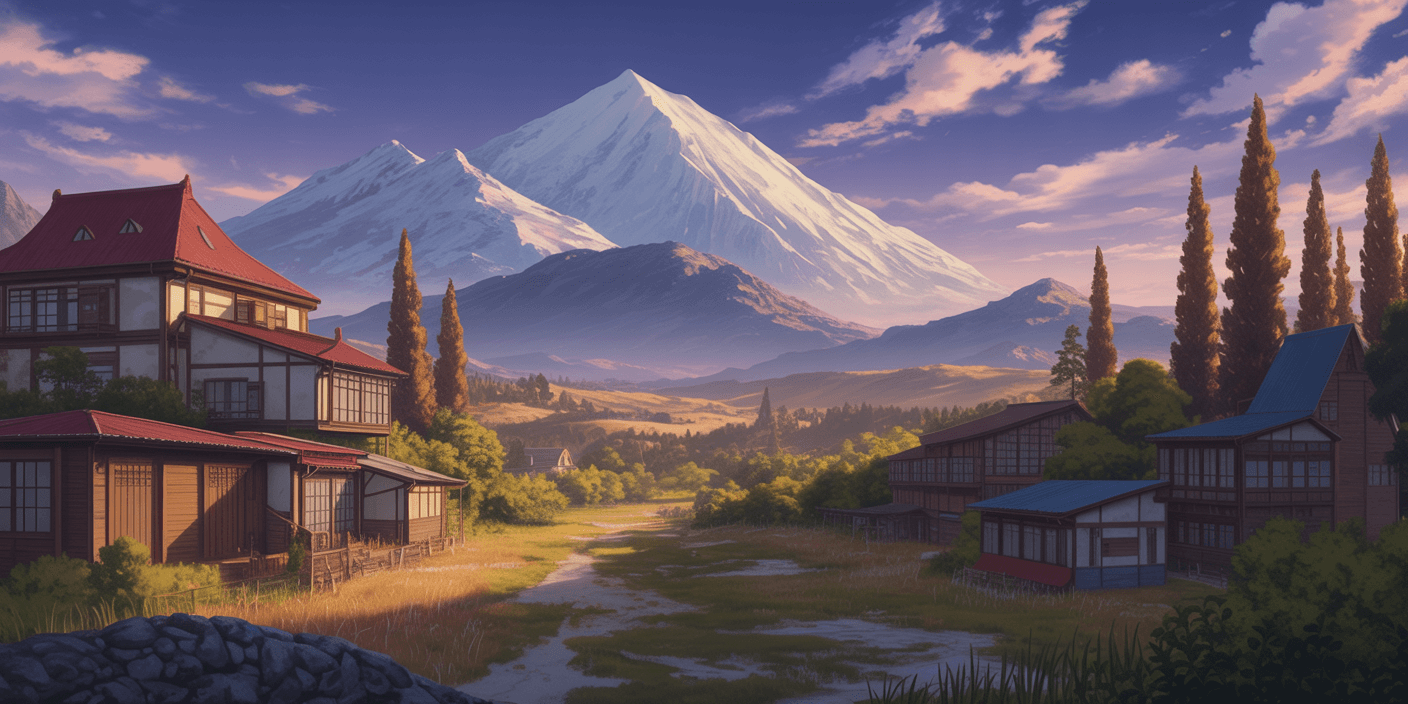The Rise of Indie Visual Novel Developers

The independent visual novel development scene has experienced unprecedented growth over the past decade, transforming from a niche hobby into a vibrant creative ecosystem that challenges traditional publishing models and creative constraints. Indie developers have democratized visual novel creation, bringing diverse voices, experimental narratives, and innovative design approaches to a medium once dominated by large studios with substantial budgets and conservative creative approaches.
The accessibility of modern development tools has been instrumental in the rise of indie VN creators. Engines like Ren'Py, TyranoBuilder, and Visual Novel Maker have lowered the technical barriers to entry, allowing writers and artists to focus on storytelling rather than programming. These tools provide pre-built systems for common VN features like save systems, text display, and character management, enabling solo developers and small teams to create professional-quality games without extensive technical knowledge.
Digital distribution platforms have revolutionized how indie visual novels reach their audiences. Steam, itch.io, and mobile app stores provide direct access to global markets without the need for traditional publishers or physical distribution networks. This has enabled creators from around the world to share their stories with international audiences, leading to an explosion of diverse content that reflects a wide range of cultural perspectives and experiences.
The creative freedom afforded to indie developers has resulted in unprecedented narrative experimentation within the visual novel medium. Freed from commercial pressures and target demographic constraints, indie creators explore mature themes, unconventional narrative structures, and experimental gameplay mechanics that push the boundaries of what visual novels can achieve. This creative liberty has led to groundbreaking titles that challenge players' expectations and expand the artistic potential of the medium.
Crowdfunding platforms like Kickstarter and Patreon have created new funding models that allow indie developers to maintain creative control while securing necessary resources for development. These platforms enable creators to build communities around their projects before release, generating both financial support and valuable feedback during the development process. Successful crowdfunding campaigns often exceed their initial goals, demonstrating strong market demand for innovative indie VN content.
The collaborative nature of indie VN development has fostered vibrant creative communities where developers share resources, knowledge, and support. Online forums, Discord servers, and social media groups provide spaces for creators to collaborate on projects, share development insights, and provide mutual encouragement. This community support system has been crucial in helping newcomers navigate the challenges of game development and establish sustainable creative careers.
Social media marketing has become essential for indie VN developers to build audiences and generate interest in their projects. Platforms like Twitter, Instagram, and TikTok allow creators to share development progress, character art, and story snippets that build anticipation for their releases. Successful indie developers understand that consistent community engagement and transparent development processes help build loyal fan bases that support their work long-term.
The rise of streaming and content creation has provided indie VNs with powerful promotional opportunities. Popular streamers and YouTubers playing indie visual novels can expose these games to massive audiences that traditional marketing budgets could never reach. This organic word-of-mouth promotion has been particularly effective for indie titles, as viewers trust content creators' recommendations more than traditional advertising.
Localization and accessibility considerations have become increasingly important for indie VN developers seeking global audiences. Many successful indie creators prioritize multiple language support and accessibility features like colorblind-friendly design and screen reader compatibility. These considerations not only expand potential markets but also demonstrate commitment to inclusive design principles that resonate with modern gaming audiences.
The economic sustainability of indie VN development remains a significant challenge, with many creators struggling to generate sufficient revenue to support full-time development. Successful indie developers often employ diverse revenue strategies, including merchandise sales, sequel development, and consulting services. Building sustainable business models while maintaining creative integrity requires careful balance and long-term planning.
Educational initiatives and development resources have proliferated to support aspiring indie VN creators. Online tutorials, development courses, and mentorship programs provide structured learning opportunities for newcomers to the field. Established developers often share their knowledge through blogs, videos, and speaking engagements, contributing to a culture of knowledge sharing that benefits the entire indie VN community.
The cultural impact of indie visual novels extends beyond entertainment, with many titles addressing important social issues and providing platforms for underrepresented voices. Indie developers have created VNs that explore topics like mental health, LGBTQ+ experiences, cultural identity, and social justice. These games often provide more authentic and nuanced portrayals of diverse experiences than mainstream media, contributing to important cultural conversations.
Looking toward the future, indie visual novel development shows no signs of slowing down. Emerging technologies like AI-assisted writing tools, procedural generation, and virtual reality offer new possibilities for creative expression. As development tools continue to improve and distribution platforms evolve, we can expect even more innovative and diverse indie VNs that challenge our understanding of interactive storytelling and push the medium into exciting new territories.